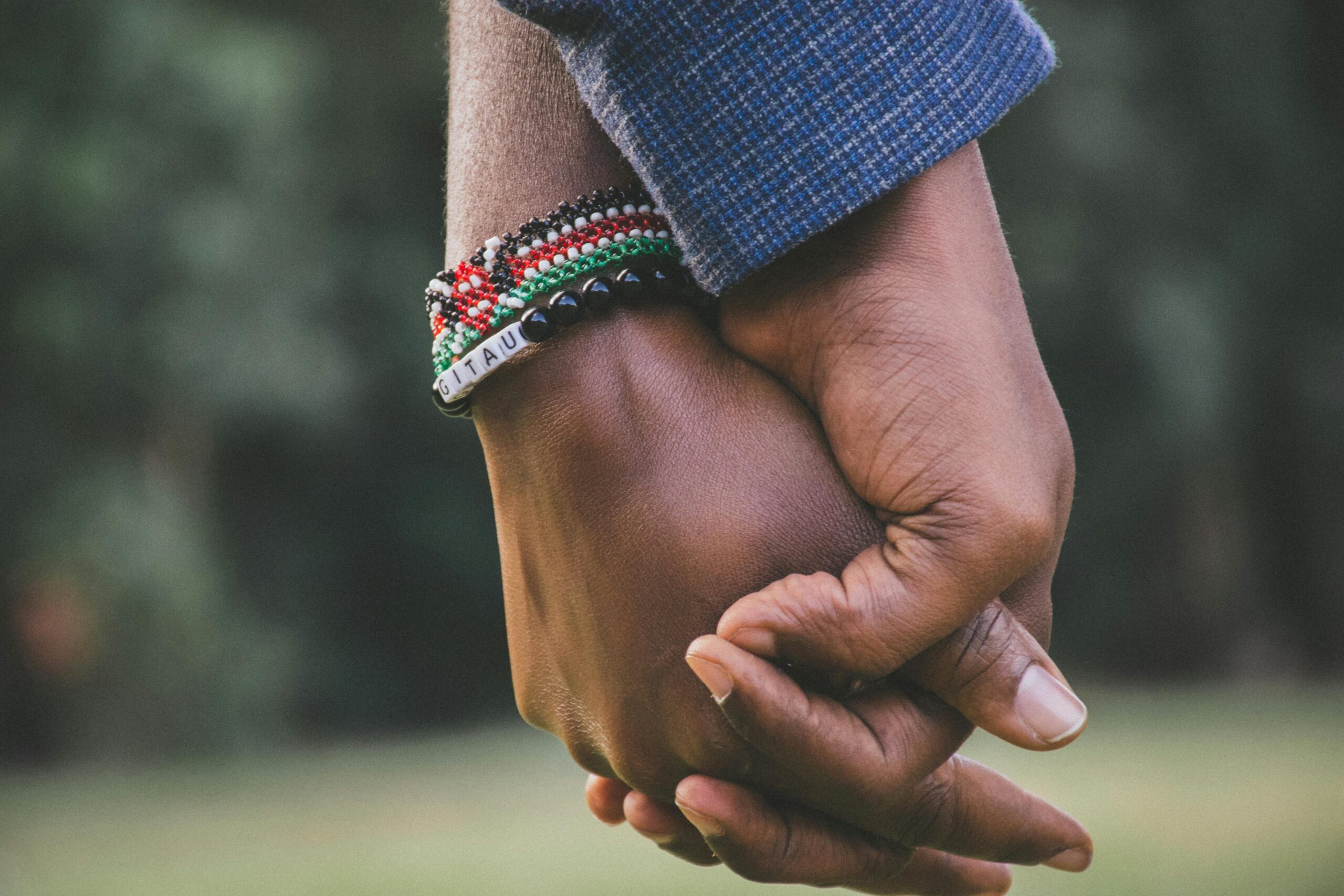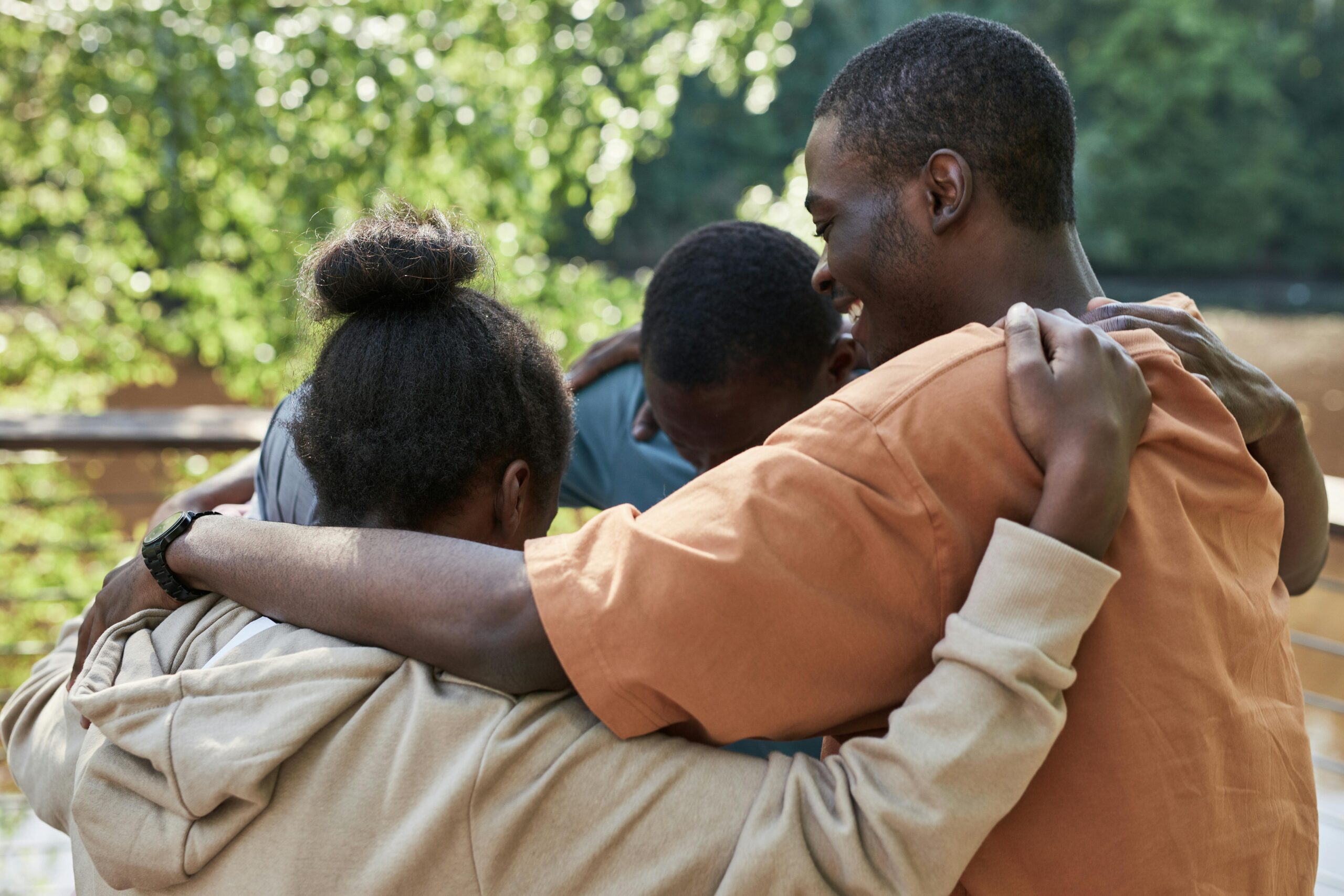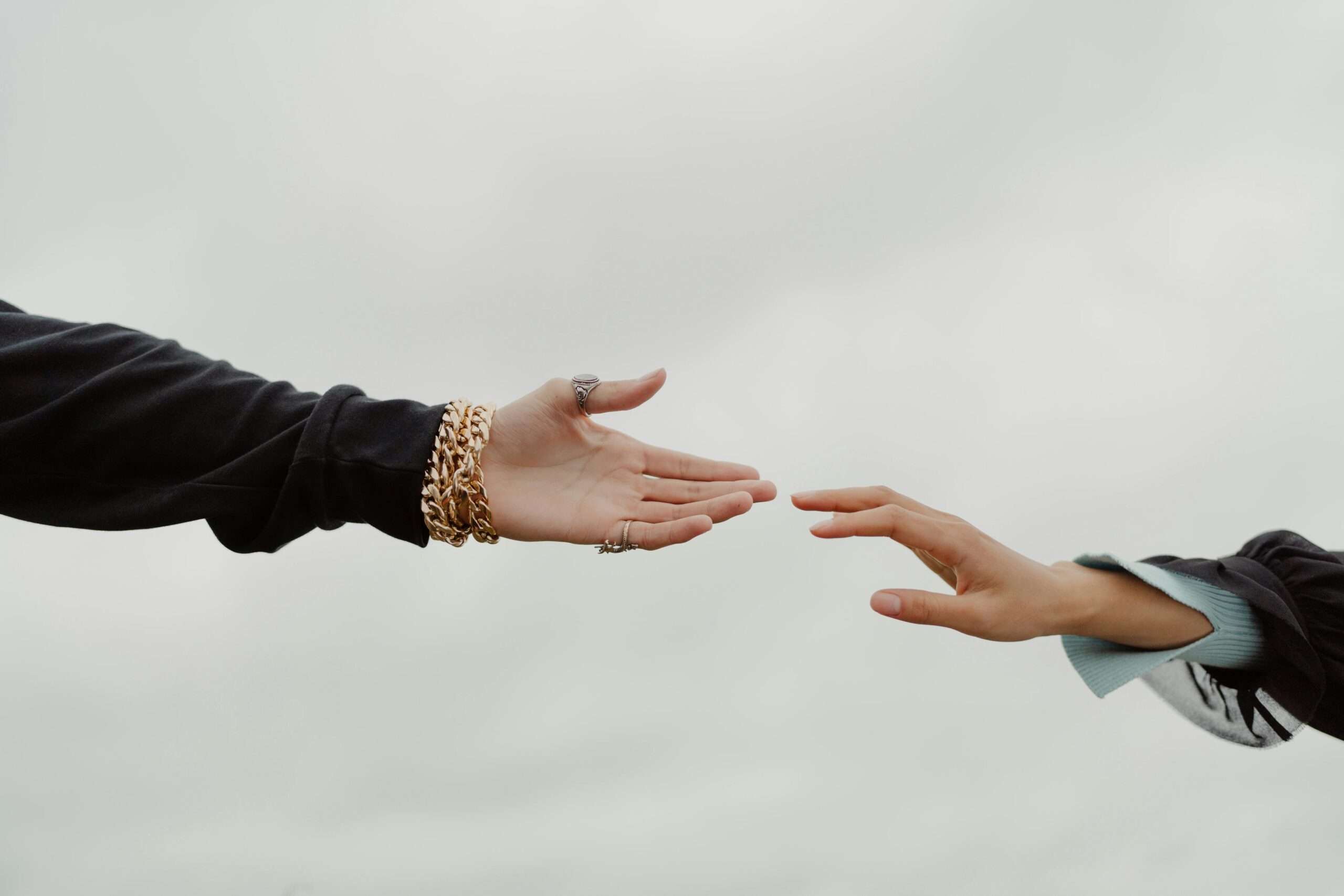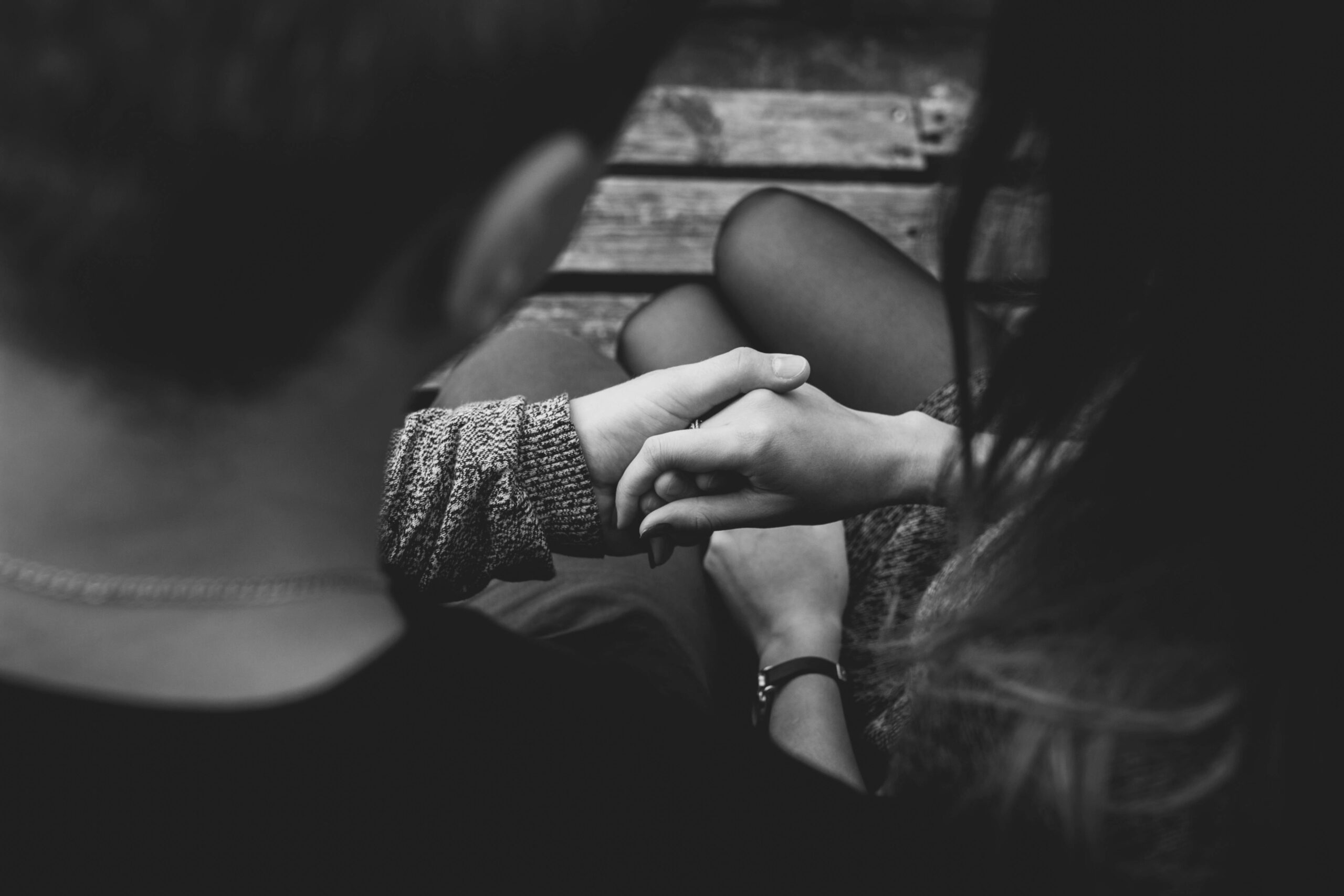Why This Article Matters
Gambling addiction isn’t just about money—it’s a deeply relational issue. If you’ve landed here, chances are you’re struggling with more than just financial fallout. You may be facing emotional disconnection, arguments that never resolve, or a feeling that you no longer recognize the person you love.
This article is your starting point toward understanding, clarity, and healing. Whether you’re the one who gambles or the one impacted by it, know this: Relationships can recover. And you’re not alone.
The Hidden Ways Gambling Addiction Damages Relationships
Gambling often acts like an invisible wedge—slowly driving distance between people, even when love still exists. The symptoms can be subtle at first, then devastating.
1. Loss of Trust
When gambling behavior is hidden—through lies, denial, or deception—it shatters the foundation of emotional safety. Even “little” lies can create lasting damage.
2. Financial Secrecy and Stress
Missing money, sudden debts, pawned valuables, or secret accounts create a ripple effect of anxiety. Financial betrayal is one of the hardest wounds to heal.
3. Emotional Abandonment
Gambling can become a secret world. Time, energy, and focus shift away from the relationship, leaving the partner feeling lonely and invisible.
4. Communication Breakdown
Conversations become defensive or avoidant. Discussions about money spiral into blame, shutdowns, or emotional distance.
5. Walking on Eggshells
Loved ones often fear triggering shame or relapse. They may silence themselves, suppress needs, or feel responsible for managing the other person’s emotions.
What Healing Looks Like in Real Life
Healing isn’t linear—but it’s absolutely possible. Relationships wounded by gambling can rebuild trust, intimacy, and shared purpose with intention and effort.
1. Have Honest, Open Conversations
Use non-judgmental language. Share feelings using “I” statements like:
“I feel scared when I don’t know where the money is going.”
“I want to understand what’s really happening.”
2. Rebuild Financial Transparency
Create a shared budget. Use expense trackers and financial recovery tools. Agree on who manages what—and set goals for rebuilding savings or paying off debt.
3. Seek Professional Support
Don’t go it alone. Individual therapy, couples counseling, and support groups can provide essential tools. A therapist specializing in gambling addiction is ideal.
4. Set—and Respect—Boundaries
Boundaries aren’t punishments; they’re protection. Define what is and isn’t acceptable behavior. Be clear about consequences if those boundaries are crossed.
5. Practice Daily Accountability
Trust isn’t rebuilt overnight—it’s rebuilt choice by choice. Regular check-ins, honesty about urges, and tracking progress are key.
Real-Life Testimonies: Couples Who Chose Recovery
“We hit rock bottom when our house almost went into foreclosure. But therapy gave us a new language for trust. We’re stronger today—not perfect, but honest.”
— Married 14 years, husband in recovery
“When I stopped blaming him and started working on my own healing, things shifted. Recovery taught us both how to show up differently.”
— Partner of a recovering gambler
“We went to couples counseling and joined a recovery group together. It gave us hope. That was the turning point.”
— Wife of a compulsive gambler
Gentle Steps You Can Take Today
- Take our Free Relationship Impact Quiz (Coming Soon)
- Download the “Rebuilding Trust” Conversation Guide
- Subscribe to Our Newsletter for Weekly Healing Tools
- Bookmark Our Emotional Support Resource Page
- Explore a List of Counselors Specializing in Gambling Recovery (Affiliated partners available)
Resources for Couples in Gambling Recovery
Books to Read Together
- All Bets Are Off – A powerful dual memoir from both the gambler and the partner
- The Gambling Disorder Treatment Handbook – Evidence-based tools for therapy and couples
- The Girl Gambler – A raw personal story on the toll of addiction and healing
Therapy and Support Options
- Online Therapy (Affiliate link) – Match with licensed therapists for addiction and relationship healing
- Gam-Anon – A 12-step program for loved ones affected by someone’s gambling
- ReGain Counseling for Couples – Online therapy built around relational recovery
For the Partner: Coping Without Losing Yourself
If you’re the partner of someone with a gambling problem, your pain is real too. You may feel confused, angry, exhausted, or even ashamed. This is not your fault.
You have a right to your boundaries. You have a right to seek healing—even if your partner doesn’t.
For the Person in Recovery: Rebuilding Trust One Step at a Time
You may feel overwhelmed with guilt or shame, but every healthy choice you make is a brick in rebuilding trust. Stay honest, seek support, and remember: Your value is more than your past.
Explore our Recovery Tools Section:
- Daily Reflection Sheets
- Financial Recovery Planners
- Trust-Rebuilding Roadmap
Final Thoughts: You’re Not Alone in This
Gambling addiction doesn’t have to be the end of your relationship. But it must be a turning point. Healing requires courage, vulnerability, and commitment—from both partners, or from one person willing to take the first step.
“Even broken bonds can be mended—with consistency, care, and clarity.”
This journey is hard. But so is staying stuck. Choose healing. You already have, by reading this far.
Stay Connected
Join the High Stakes Healing community.
Subscribe to our newsletter for weekly tips, healing stories, expert Q&As, and free tools.
→ Join Now





